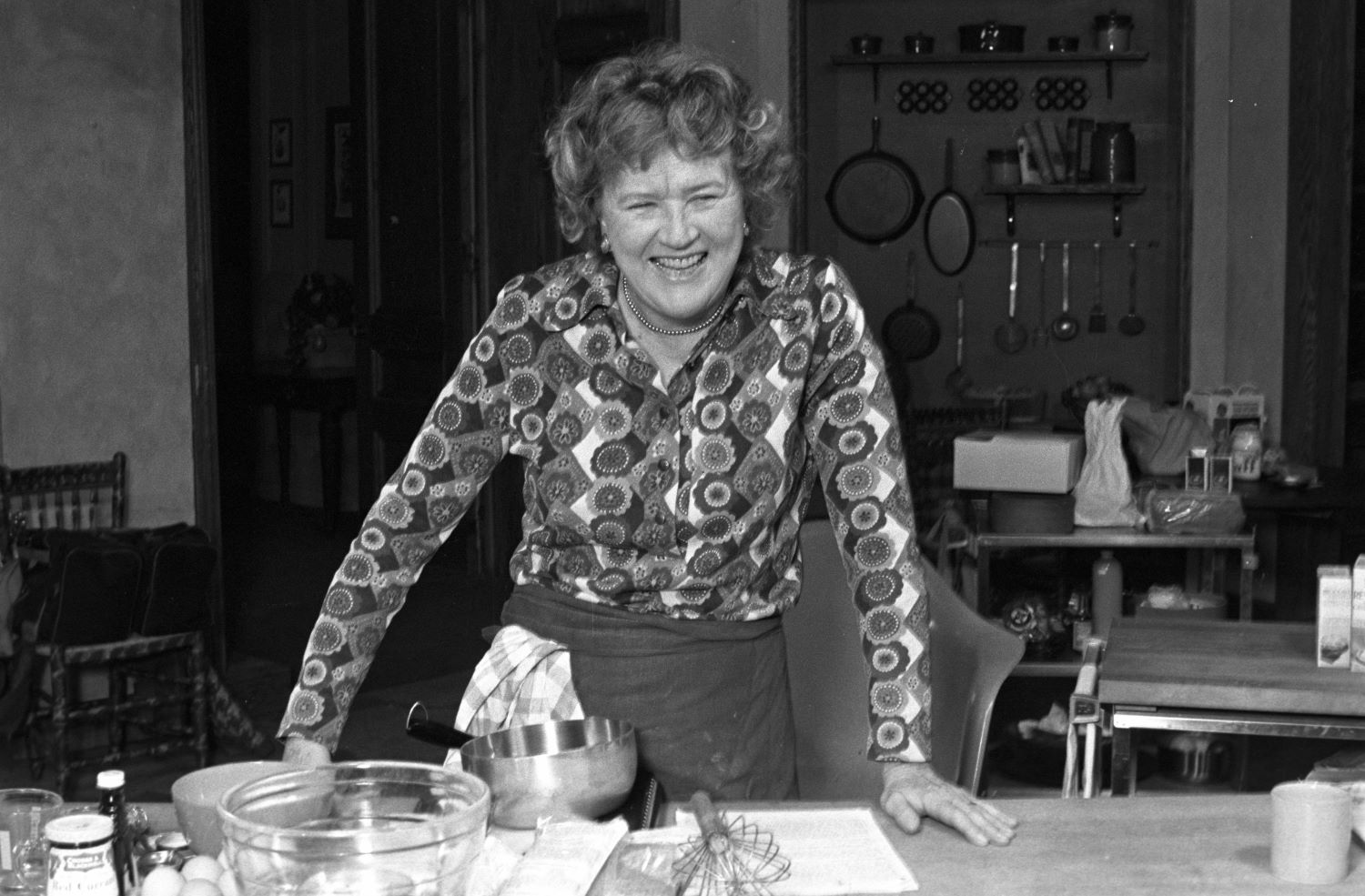Comala
(Mexico, 98 min.)
Dir. Gian Cassini
The spectres of the Mexican drug trade haunt Comala as Gian Cassini excavates his family history. This debut feature doc is an intimate true crime tale as Cassini probes his family history. The director confronts the father he barely knew while growing up. Cassini’s investigation isn’t a literal confrontation mano-a-mano, however, since his father is dead. The target of a violent crime, Cassini’s father’s end was inevitable because the man died by his own sword. As Cassini digs deeper into his dad’s life as a hit man, known as El Jimmy, he reflects upon his family’s struggles, as well as his own identity as a man, son, and brother, by making sense of the victims his father left behind.
The victims are not the people that El Jimmy shot or stabbed for money, though. They’re the people stuck in the aftermath of his violent crimes who bear psychological scars left by his sins. Cassini interviews several family members including his mother, who still clearly has trouble processing the true nature of the man she loved. Comala hooks a viewer from its opening scene as Cassini’s mother insists that El Jimmy could not have been the violent man that reporters and lawyers portrayed him to be. If he were a true cold-blooded sicario, he’d have left riches in his wake. Killing people for $100 doesn’t make sense in her mind—assuming that each of his kills had a price tag—and it’s fascinating to witness as she rationalises her account of the man she loved with the nature of his true self.
A Culture of Violence
The point of this scene isn’t to find a magic number that would have made El Jimmy’s killings acceptable. Rather, Cassini illustrates quite provocatively how violence is normalized within Mexican culture. It’s just a fact for some people as the drug cartels rule the land and leave innumerable victims in their wake. However, before Comala’s opening credits roll, Cassini’s mother delivers a fitting verdict: her ex-husband was just as big of an idiot as everyone says he was.
Cassini doesn’t aim to disparage his father, but rather understand what happens when one willingly compromises one’s family in the pursuit of greed. The director interviews several family members, all of whom are collateral damage of El Jimmy’s violent lifestyle. His stepsiblings bear obvious signs of trauma. Particularly harrowing are interviews with his sister who tries to make sense of the domestic violence she witnessed daily while living with El Jimmy and his second wife. She recalls seeing her dad attack his lover frequently—and how even she couldn’t protect the woman she came to see as a mother from El Jimmy’s attacks.
All in the Family
This interview proves especially compelling. Cassini and his sister confront the likelihood that said stepmother provided the intel that led to their father’s demise. What’s revelatory in this scene is not the anger or judgment, but rather the acknowledgement that she acted out of necessity in order to survive. Through every story and every upturned live that Cassini encounters, the film witnesses the pervasiveness with which drug-related violence shapes lives.
A trip to San Antonio, meanwhile, illustrates the culture of toxic masculinity into which his father was born. Cassini’s grandfather relishes the time before the camera. He unpacks the story of his days in the Cuban revolution, his work for the U.S. government, and the alias he took to survive. While Cassini’s grandfather is a great raconteur, he’s clearly full of baloney. The filmmaker’s uncle even advises him as such. However, every word of the elder Cassini’s interview has grains of truth, even in the lies they tell. As he proudly displays his guns—the man keeps an assault rifle handy—he recalls his earliest kills with no perceptible remorse. His account inadvertently reveals to Cassini how one can easily be tempted by the way of the gun.
The Measure of a Man
Cassini draws the title for Comala from the town that Juan Preciado visits in Pedro Páramo, the novel by Juan Rulfo that allegedly proved highly influential on Gabriel Garcia Marquez. The directly understandably identities with Preciado’s journey to a ghost town while searching for his father. Cassini encounters a country of ghosts as the violence that rocked their family is not unique.
However, Comala is not a ghost story. It’s a tale of resurrection or rebirth as Cassini makes sense of who he is as a man. The film sees Cassini scroll through photographs of his lover shortly before the credits roll. He finds closure in the journey of understanding his sexuality and, equally, finding peace with his family’s acceptance of his identity. With Comala, Cassini illustrates that the measure of a man is by the way he loves.














